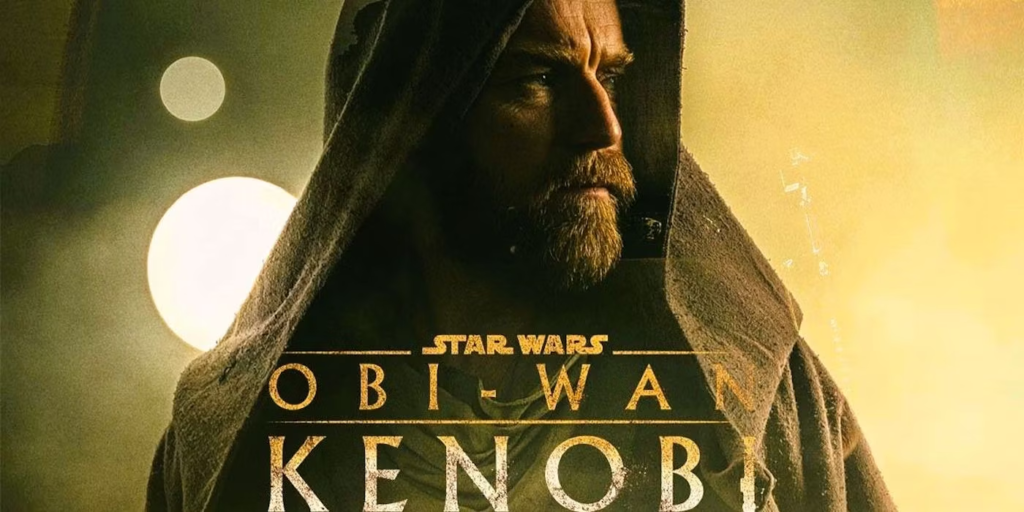

In recent years, Disney has become increasingly dominant in the entertainment industry. Its animated films and live-action remakes have been box office juggernauts, and its theme parks are some of the most popular tourist destinations in the world. However, Disney's dominance has led to a certain degree of homogenization in Hollywood. Other studios are struggling to compete with Disney's marketing muscle, and franchise fatigue is setting in among moviegoers. In order for Hollywood to remain healthy, it is essential that other studios are able to find success. This can only happen if Disney takes a step back and allows other stories and franchises to shine. Otherwise, we may end up living in a world where the only films that are made are those that appeal to the widest possible audience. And that would be a real shame.
When Kathleen Kennedy, president of Lucasfilm, told Variety that Star Wars "could go on forever," many fans reacted with trepidation. After all, the original trilogy ended on a high note, and the prequels were largely seen as a disappointment. Could the franchise really sustain itself indefinitely?
As it turns out, Kennedy may have been onto something. The release of The Force Awakens in 2015 was a runaway success, grossing over $2 billion at the box office. And this year's The Last Jedi is on track to match its predecessor's haul. Clearly, there is still a large audience for Star Wars films.
What's more, the expanded universe of novels, comics, and games has shown that there is still plenty of story to be told in this galaxy far, far away. So while some may worry that Star Wars will never end, it seems clear that there is still plenty of life left in this beloved franchise.
While we waited for the debut of Obi-Wan Kenobi in late May—not long after Kennedy said this now-infamous line—the cast and crew of Solo: A Star Wars Story were wrapping shooting in undisclosed locations across the United Kingdom. The non-disclosure agreements everyone signed made it impossible for anyone to say much of anything about the movie, but some unconfirmed details about its plot began to trickle out. And if those plot details are accurate, it sounds like the Young Han Soloorigin story will heavily involve Darth Maul, the Sith warrior last seen being sliced in half by Obi-Wan at the end of Star Wars: Episode I – The Phantom Menace. If that’s true, it would be a huge mistake.
When I sat down to watch the first episode of Obi-Wan Kenobi, I couldn’t have been less enthused. The show’s premiere wasn’t a special moment or the culmination of a long wait for me—it was just another show that I happened to be watching. And yet, within minutes of the beginning, I was completely hooked. The story was captivating, the action was thrilling, and the characters were instantly likable. It quickly became clear that Obi-Wan Kenobi was something special. In a crowded field of streaming content, it’s refreshing to find a show that is so uniquely entertaining. If you’re looking for a reason to watch Obi-Wan Kenobi, let me be the first to tell you that it’s definitely worth your time.
In a way, science fiction has always been a genre for outcasts. It's a genre that explores the unknown, and often celebrates those who are different. For many people, it's a way to feel less alone in the world. That's why it's so disappointing when shows like Obi-Wan Kenobi fail to live up to the potential of their premise. Instead of bringing us together, they reinforce the idea that some people are just better than others. They take away the sense of community that makes science fiction so special, and in doing so, they kill a part of the genre. We need more shows that embrace difference, and that celebrate the outsiders who make science fiction so special. Otherwise, we risk losing something vital to the genre.
Leave a Reply